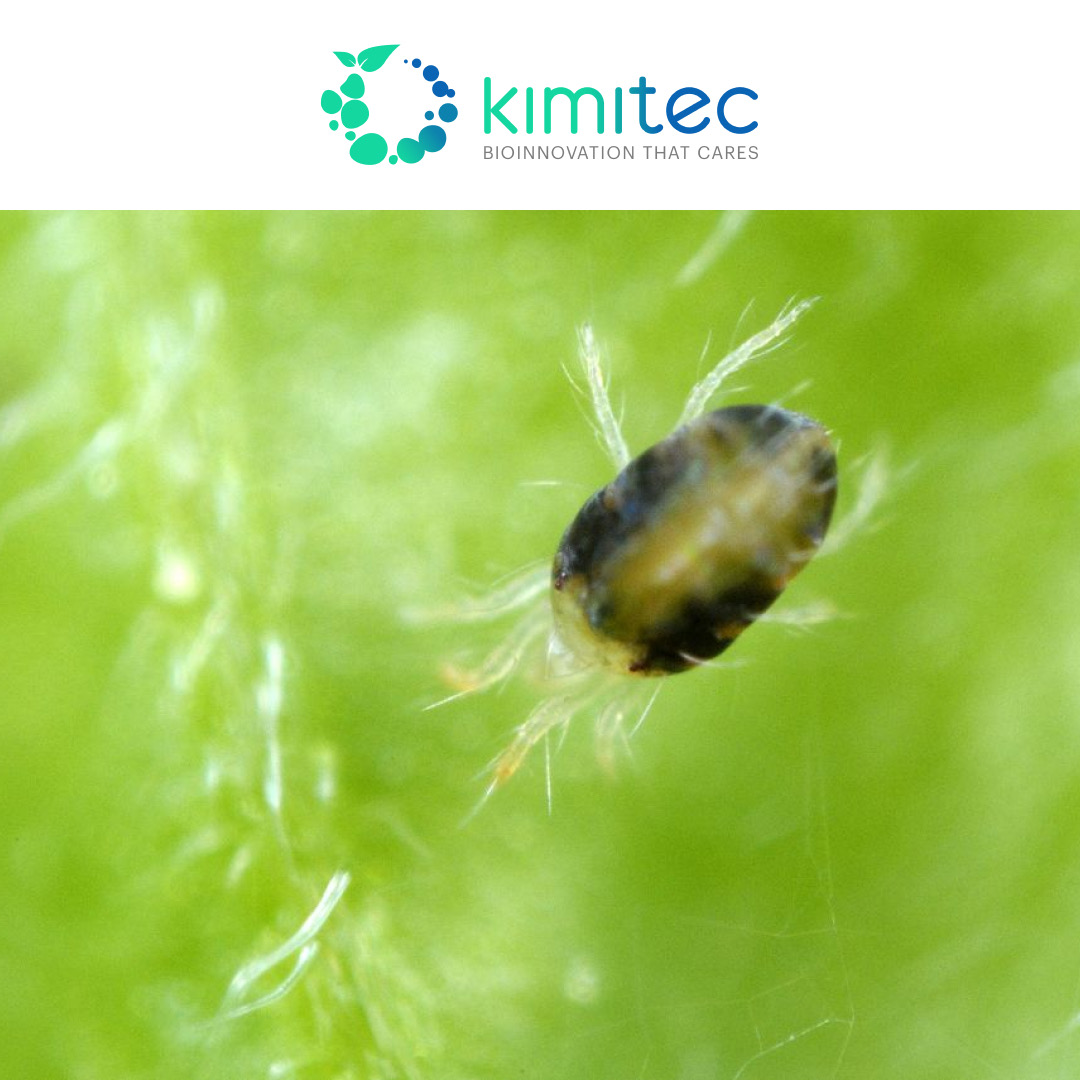
A breakthrough foliar biopesticide targeting fire blight in pome fruit trees has been developed after four years of research and a 3.9 million euro investment in the Horizon 2020 project Phagefire, funded by the European Union. This innovative biopesticide, based on phages, natural viruses antagonistic to bacteria, offers an effective and sustainable solution to combat Erwinia amylovora infections, reducing production losses and simplifying farmer
Read the Full Press Release below –
Breakthrough Foliar Biopesticide Targets Fire Blight In Pome Fruit Trees
Almería, 27 March 2024. After four years of research and an investment of 3.9 million euros, the partners of the Horizon 2020 project Phagefire, funded by the European Union, have successfully developed one of the world’s first biopesticides to combat fire blight effectively and naturally in pome fruit trees.
Until now, farmers had only one recourse: identifying the disease early and cutting off affected branches to prevent its spread. According to estimates, each year, hundreds of hectares of pome fruit trees are uprooted globally due to this disease.
The Innovative Approach Of The PhageFire Project
The biopesticide developed within the Phagefire project is based on phages, natural viruses that are antagonistic to bacteria, and it is specifically aimed at combating Erwinia amylovora. Phages utilized in this project penetrate and kill bacteria, reproducing within them and quickly propagating throughout the entire crop. With a single application, farmers can achieve a high concentration of phages in their fields.
A single microdroplet contacting a group of bacteria is all it takes for them to start generating new phages. While phages naturally occur in the environment, they are usually found in the soil. For the development of this solution, phage samples were collected from affected farms and reproduced under controlled conditions to achieve the appropriate concentration, before proceeding to stabilize the product to ensure its effectiveness and durability.
Effective And Sustainable Benefits
The biopesticide developed as part of the PhageFire project offers a highly effective solution for controlling Erwinia amylovora infections in pome fruit trees, thereby reducing production losses. Furthermore, due to its natural origin, it does not harm auxiliary fauna and can be propagated by insects or birds, thus extending its reach. The biopesticide not only drastically reduces bacterial damage but also simplifies farmer management by decreasing the number of infected branches.
Commercialization And Successful Collaboration
The product resulting from the Phagefire project is now available in Spain, Portugal and other European countries via exceptional use requests sumbmitted by the partners to the authorities of each respective country.
The partners involved in the development of this cutting-edge solution include: D.O.P Peras de Rincón de Soto; Kimitec’s MAAVi Innovation Center, Europe’s largest biotechnology innovation hub focused on natural compounds, located in Almería; the Enviroinvest biotechnology center in Hungary, and ZHAW, a leading phage therapy research center in Switzerland.
Thanks to this project, Kimitec has expanded its portfolio of solutions by integrating a new technology aimed at improving crop health naturally and effectively.
European Funding: Boosting Research And Innovation
This project, funded by the European Union’s Horizon 2020 program for research and innovation under Grant Agreement No. 958645 (H2020-EIC-FTI-2018-2020), demonstrates a firm commitment to scientific advancement.





